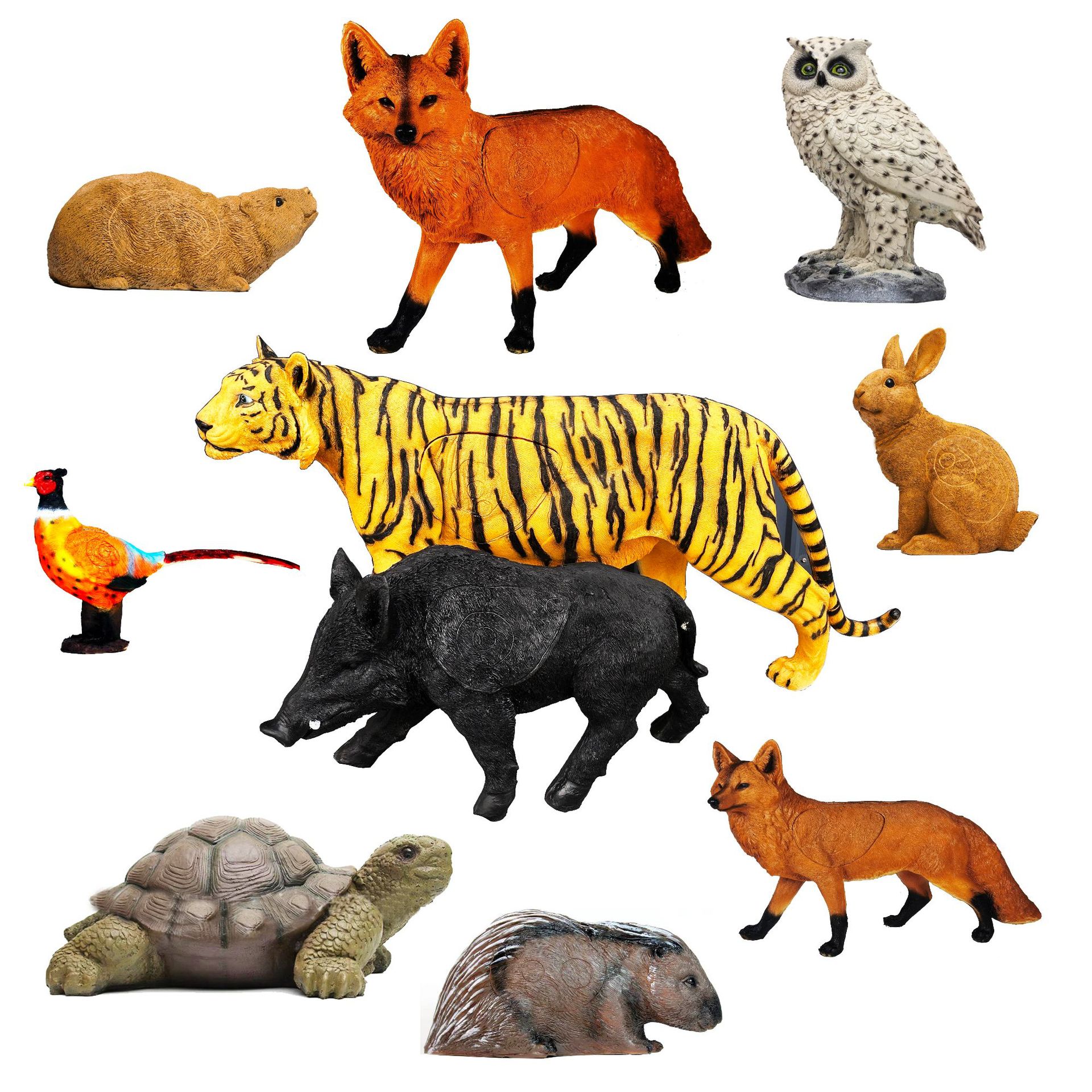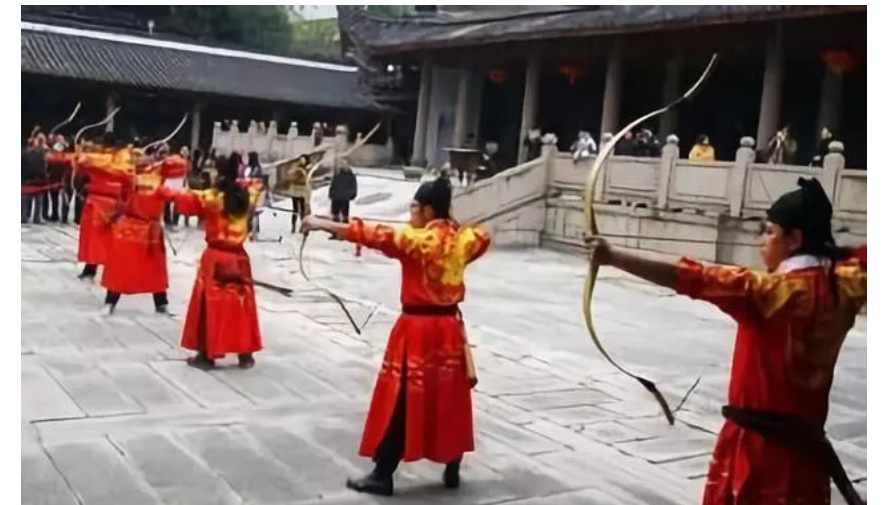Release time:2025-08-29 16:41:37Clicks:author:SPG ArcheryMain categories:Bows, Arrows, Archery Accessories


The "On the Meaning of Archery" states: "Archery is the way of benevolence. When shooting, one must correct oneself. Only after correcting oneself can one shoot. If one misses the target, one should not blame the one who beats one, but instead look within oneself." The so-called "way of benevolence" means that one can experience benevolence through archery. How can one experience this? It is through "correcting oneself, only after correcting oneself can one shoot." It is through "if one misses the target, one should not blame the one who beats one, but instead look within oneself." The two key words in this passage, "correct" and "reverse," represent two different methods of self-control. What is "correct"? "One" can be understood as "target" or "this matter," meaning that the archer's mind and body are currently focused on the target, their true nature being stored within it. At this moment, their body and mind are highly alert and natural, free from distractions such as gains and losses. Like a lion catching a rabbit, one is focused, agile, and fully committed. These are the true meanings of "correct."
This "righteousness" isn't the abstract moral concept of right and wrong; it's concrete, like an archer standing upright in his shooting position. While the body's uprightness is obvious, the heart's uprightness is known only to the individual. A seemingly stable table with an unrighteous heart is like a table whose wood is actually hollowed out by worms and will eventually collapse. The Great Learning offers a vivid metaphor for this state: "The mind is absent, and one sees but does not see, hears but does not hear, and eats but does not appreciate the flavor. This is what is meant by self-cultivation: rectifying the mind."
The Doctrine of the Mean also says, "Everyone eats and drinks, but few can appreciate the flavor." When the mind is not focused on what is currently being done, one becomes blind and deaf to the food before them, even losing sight of the food before them, and even losing the flavor of the food being chewed. This is a common mistake we make in our daily lives. These states of mind are unrighteousness, an unrighteous mind. Therefore, the Great Learning emphasizes that the foundation of self-cultivation lies in rectifying one's mind. Only when one's heart is set right before taking action can one truly be successful. However, success requires objective conditions. If one has achieved this, but still hasn't succeeded, what can one do?
The best approach is to simply "keep it cool." First, calm down, analyze rationally, and look within oneself for the reasons. This is the art of "reflection." The Art of Archery states, "Correct yourself before you shoot. If you miss, do not blame the one who beat you. Instead, look within yourself." First, there's "not blaming," followed by "reflection." Blaming others is a common trait in our daily lives. Imagine a person filled with resentment. Can he calm down? Can he reflect rationally on himself? Therefore, before "reflection," one must first achieve "not blaming." A common complication of resentment is venting anger on others or other things, something we often do. Not resenting requires practice and cultivation; it's not something you can simply learn. Therefore, Confucius, praising Yan Hui for his studious nature, used the simple yet profound phrase "not venting anger on others, not repeating the same mistake."
Thus, to cultivate the skill of "reflection," one must first cultivate "not resentment." Only when one is "not resentful," calm and rational, will the skill of "reflection" emerge naturally, without the need for forced "reflection." In fact, these qualities are innate, merely obscured by emotions and distractions, dragging them down and restricting their freedom. We all have similar experiences: recalling "foolish" things we did years ago often brings a knowing smile, even a blush. This is a natural, "delayed reflection" of conscience that occurs within us after we calm down. It's innate. As long as we don't abuse ourselves, our inherent conscience and abilities will naturally emerge, enriched and radiant. Confucius said, "To restrain oneself and return to propriety is benevolence. If one restrains oneself and returns to propriety every day, the world will return to benevolence! Is the practice of benevolence up to oneself, or is it up to others?" The aforementioned "correction" and "reversal" practices both involve "self-control." In archery, achieving "correction before shooting, and then seeking the truth within oneself" is self-control, and the same is true in every matter and object. When one can "control oneself," propriety naturally reappears. Therefore, Confucius said, "The practice of benevolence is up to oneself," and this can be embodied in the practice of archery. The "On the Meaning of Archery" further states, "Archery is a man's activity, and therefore it is embellished with ritual and music. Among the rituals and music that can be practiced, nothing is better than archery to establish virtue. Therefore, sage kings focus on it." "Benevolence" is the root of all innate virtues, and archery is the most direct and authentic way to realize benevolence.